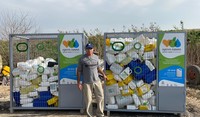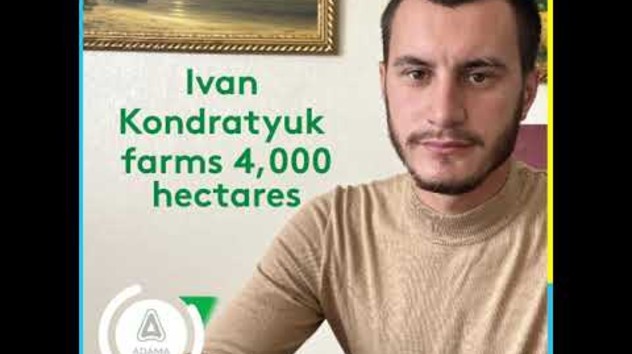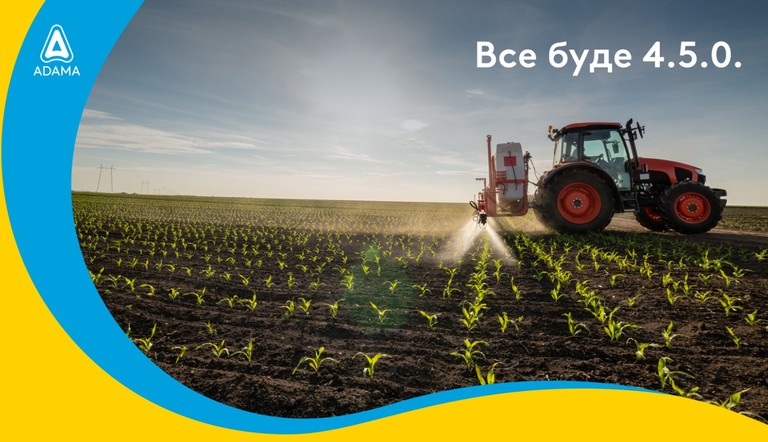
A Partnership in the Face of Conflict

Globalisation means that our economies, cultures and populations are becoming increasingly connected. When someone is left behind, a chain is broken that impacts the life of that person, and others. People around the world suffer from a domino effect, such as that seen with food chain supply due to the current war in Ukraine. This year, World Food Day focuses on leaving no one behind, so we’re zooming in on Ukrainian growers who continue to feed the world amidst the crisis.
Farming: Another front line
To understand the challenges that Ukrainian farmers are facing, we caught up with Roman Ilyin, head of agricultural enterprises, Yednist.
Roman's business in Yednist comprises over 7,000 hectares in the Donetsk region, where conflict has been prevalent. Once deemed ‘normal tasks’ such as daily management of 2,000 cattle or spraying fields has become a feat in itself. Fertilizer containers were destroyed, 100-hectare rape fields obliterated by fire and many livestock killed. Roman has also experienced unstable supply and access to inputs. Although there are ongoing critical challenges, Roman now sells all his grain through a supportive supply chain and has a steady supply of fertilizer and agro-chemicals for his farm. This has allowed him to continue his farming business and to supply the world food sector.
Bordering the Donetsk region is the Mezhiv district where Ivan Kondratyuk, head of AFE "Kondratyuk", farms over 4,000 hectares of land.
Even in a time of extended crisis, there are points at which key farming business milestones are reached. Following the sudden death of his father, Ivan still faces critical operational and practical challenges on his farm. Both Ivan and Roman have been facing climatic issues of low rainfall and therefore reduced yields. Ivan has also struggled with lack of working capital, there was no price for wheat for almost a season and as Roman found, there was nowhere to sell it. Ivan described how, even if grain could be harvested around unexploded cluster bombs and burnt fields, many grain stores have been destroyed so farmers have been constructing makeshift stores from polytunnels. Without these, there would be no farm outputs, no income and less food into the global market.
Partnership and trust
In Ukraine our ADAMA colleagues are working tirelessly to support farm businesses in this time of acute need. By listening to farmers, we learn about their needs and find ways to help and support beyond crop protection. With the increase in logistics costs, Ksenia Horodetska, Head of Business Development at ADAMA Ukraine, explains that the estimated cost to export from Ukraine has doubled and for certain regions, such as where Roman and Ivan are, they have increased almost tenfold.
As farmers face extreme challenges in Ukraine, profit is a secondary thought for us at ADAMA – the priority is trying to ensure growers have enough money left for survival. As well as cooperating with banks to lend to farmers through joint programs, there is uncertainty if growers can claim VAT back from the Government, so more immediately we are ensuring that the fair price paid to farmers accounts for VAT within prices.
In addition to the difficulties supplying farms with products, Oleksandr Pravilo, Head of Sales for ADAMA Ukraine, spoke about the logistical challenges of buying grain. Current international grain contracts are 2,000T minimum, an impossible figure for typical Ukrainian farms to achieve without companies such as ours stepping in to manage the complex supply chain. Additionally, our Ukraine team is able to back-supply farms we buy from with crop protection products on credit systems, creating a beneficial situation for all.
Leave no-one behind
Partnership is tested by time – it’s a phrase we often hear in agriculture. The work of our team in Ukraine is risky but we have long standing ties and we have real dedication to the farmers. That’s why we will continue to work lending, supplying products and selling their harvest.
Amongst Ukrainian farmers, there is a spirit of true devotion, responsibility and commitment to continue working and growing crops for us all to eat. As we acknowledge World Food Day, take a moment to consider the stories of Roman and Ivan which serve as a reminder that we should leave no-one behind.
Related Articles
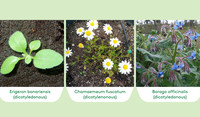
An ADAMA collaboration in Spain leads to greater predictions for the emergence of weeds
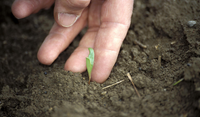
From the ground up – why responsible farming will unlock some of the challenges of our climate
